Child abuse and neglect has a profound impact on our community. It impacts not only the child, but the family, the community and society at large. While we cannot measure the emotional and moral impact that child maltreatment has, we are able to examine how it impacts our economy.
Bay Area CAPC Chapters Band Together for Child Abuse Prevention Month
The Greater Bay Area Child Abuse Prevention Council (GBACAPC), comprised of local chapters, have banded together to make a larger impact for Child Abuse Prevention Month. The new normal of virtual events and meeting through screens has made it possible for smaller communities to reach the wider region to engage people in joining this important cause.
GBACAPC has listed all of the events, trainings, activities and opportunities to get involved regionally on their website. Find out what you can do in your area to strengthen families and protect children.
Cope's April 2022 Newsletter
Local Businesses Take a Stand to Protect Children
What can we do to help kids right now, including our own?
Whether you’re a parent looking at your own children, or a community member thinking about all the kids growing up around you, ACEs science can seem pretty alarming at first glance. Stress and traumatic events can cause permanent changes in a child’s developing brain, but of course it’s impossible to create a childhood that’s absolutely stress-free. After a year of pandemic and lockdown, we don’t have to think hard to come up with a traumatic event that is truly beyond our control. We can’t prevent kids from having some exposure to stress.
So, if all kids everywhere experience stress at some point, how does anyone grow up to be a healthy adult? And what can we do to help kids right now, including our own?
Why ACEs Matter
When Cope’s community of neighbors and sponsors comes together to support parents and prevent child abuse, we usually think about the children we’re helping now. We all want the kids we see around us to have happy, safe childhoods, and grow up in families that make them feel loved and cared for.
As we help, we’re probably not thinking that, in twenty or thirty years, those kids will grow up to have healthier hearts. And yet, the science of ACEs (Adverse Childhood Experiences) tells us that a happier childhood makes for a healthier adult.






